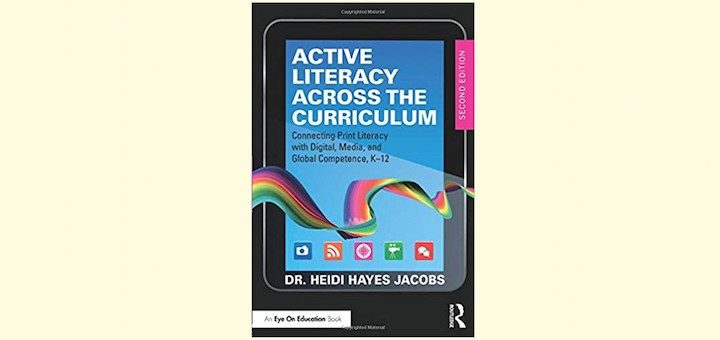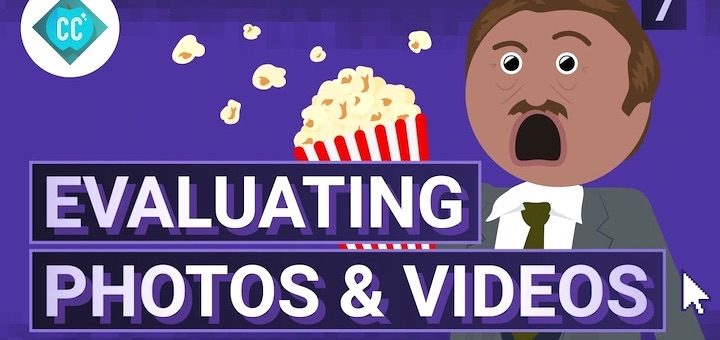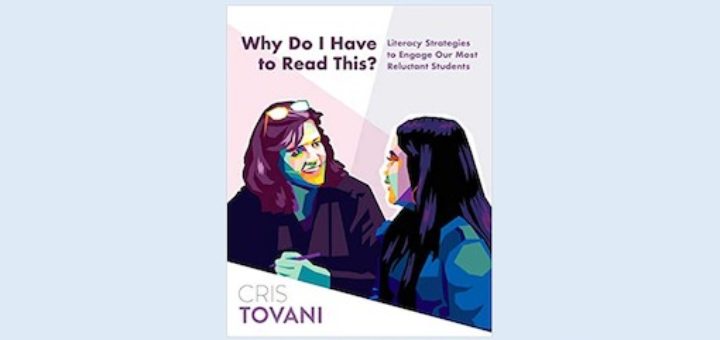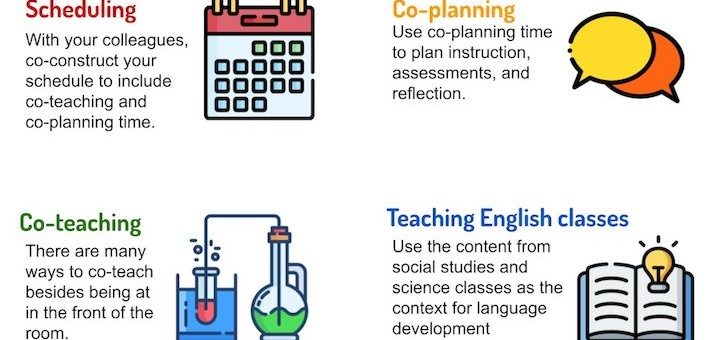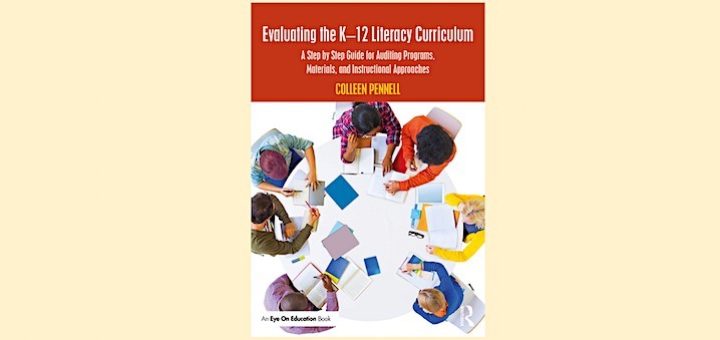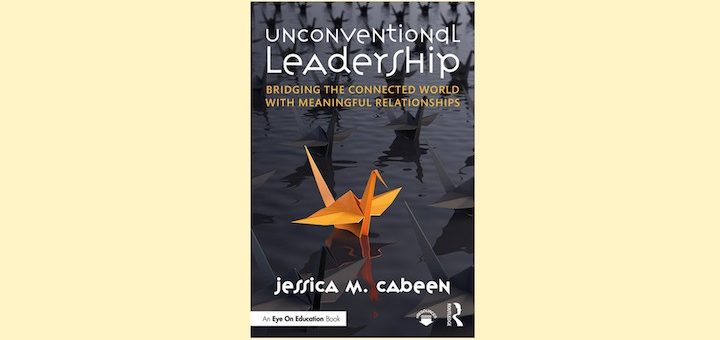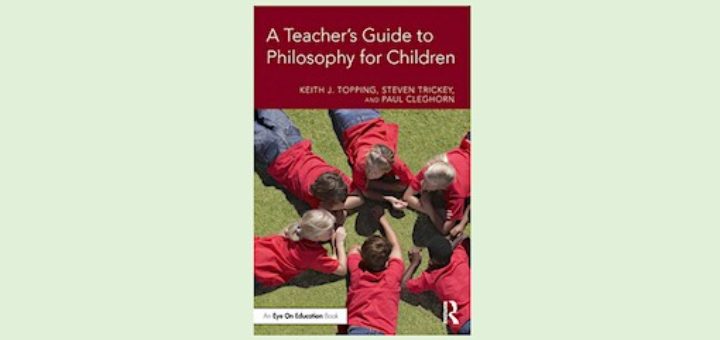Active Literacy Strategies Across the Curriculum
In Active Literacy Across the Curriculum Heidi Hayes Jacobs focuses on the crucial function of literacy in all learning regardless of age or content area. 7th grade teacher Theresa Wood says Jacobs knows what works and shows how to move forward without losing what we value.

